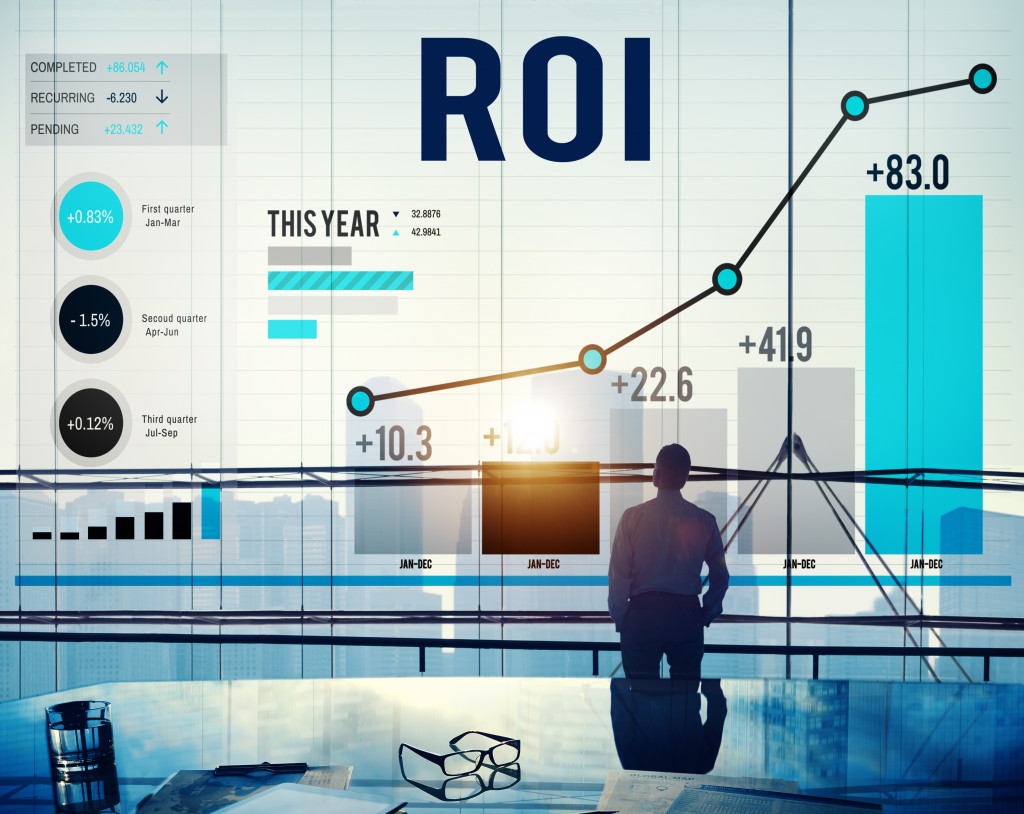There is no denying that investing entails a lot of risks. No strategy guarantees huge returns, and even seasoned investors could still go wrong at times.
However, if you’re thinking of investing but don’t know where to start, then you’re in the right place. This blog post will give you all the information you need to get started. We’ll go over some tips for first-time investors and show you how to make the most of your money. So here are some things you can do to get started with investing.
Always have a plan before investing
Building your investing plan is crucial to long-term success. This starts with figuring out how much money you can invest and what risks are involved in that decision and when the funds will be used for the purchase or sale of stocks (or other investments).
The goal should always remain focused on reaching specific targets—whether it’s building up wealth through accumulation over time rather than short-term gains caused by trading rapidly increasing prices.
Always make a plan with the risks in mind.
Figure out your risk tolerance and then diversify accordingly
Panic selling is a common problem among first-time investors who experience a significant setback. This is why it’s important to understand your own risk tolerance and how you would feel after losing a certain amount of money.
Your risk tolerance will impact the decisions that need to be made. Ensure that you invest along the lines of your capacity for a loss will allow you to make more sound decisions.
Reassess your investments
Why wait until you lose money before making a change? First-time investors should reassess their investments regularly to ensure they are on the right track. As time goes by, all aspects of life will affect what we invest in—our personal circumstances and risk tolerance change over this process as well.
With that said, be sure not just to do periodic reviews but also consider consulting a trusted investment advisor or searching for investment strategies online.
Be aware of taxes and fees on investments
Tax efficiency is a major concern for first-time investors because taxes and fees can really add up in your investing account. By being aware of taxes and fees, you ensure that you don’t make bad financial choices when it comes time for retirement.
Many people start out with small amounts, but they might not know about all the hidden costs involved—especially if there are sales taxes on top, which will eat away at any gains made by buying low or selling high.
First off, be aware of how much money goes into each investment decision. Second, research what kind(s) of investment would work best based on your own experience as well as the market’s current trends so that you could get the most off your investment.
Make sure to have an emergency fund before you invest
Make sure to have an emergency fund before you invest any money into stocks or mutual funds.
Finance is a very complicated and confusing topic, which makes it all the more important to have enough money set aside just in case something goes wrong. Ensure your bank account has at least three months’ worth of living expenses before investing any funds into stocks or mutual funds.
Beware of “too good to be true” investment offers; they’re likely scams
When it comes to investing in the stock market, there are five words that you should be wary of: “too good to be true” offers. They’re likely scams and will leave your wallet lighter than when these fake investment schemes started out.
Perform your due diligence and get to know your market. By understanding how your chosen market works and what types of trades it has performed in the past and keeping up with predictions for its future performance, you can better understand whether investing is right for you.
Invest Your Money Wisely

Anyone who’s ever tried to invest in the market knows it can be confusing, especially for beginners.
You have to make sure you know what kind of investment risk tolerance you are comfortable with because there is no one-size-fits-all solution. If your goal is retirement or other long-term goals, don’t forget that taxes and fees on investments will eat into your earnings over time. Therefore, you must always consider them when deciding where to put your money.
Always do your research and learn as much as you can about the market you want to enter. This way, your decisions will be solid, and the fluctuating trends won’t easily influence you.

